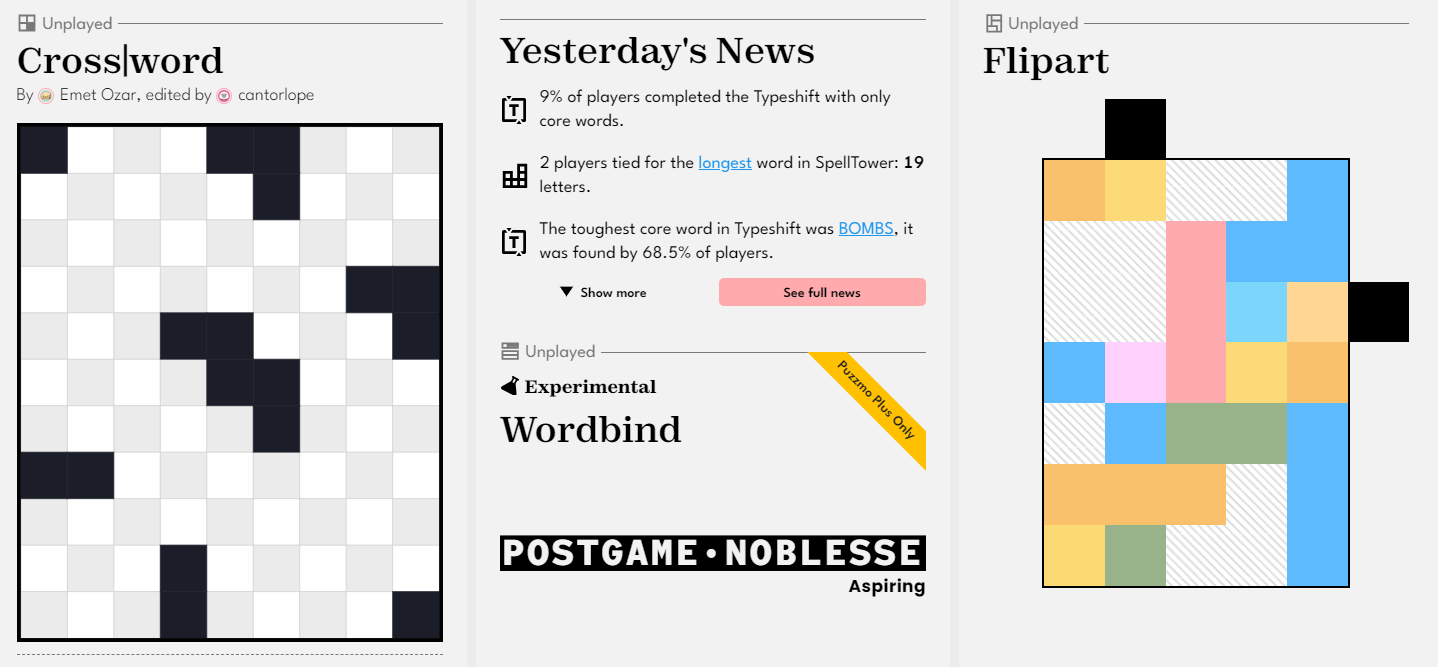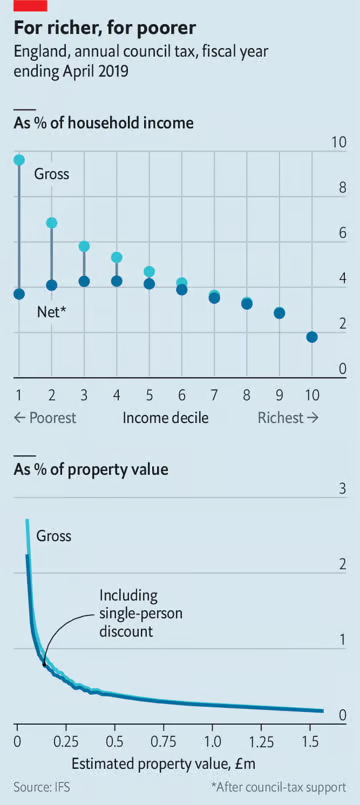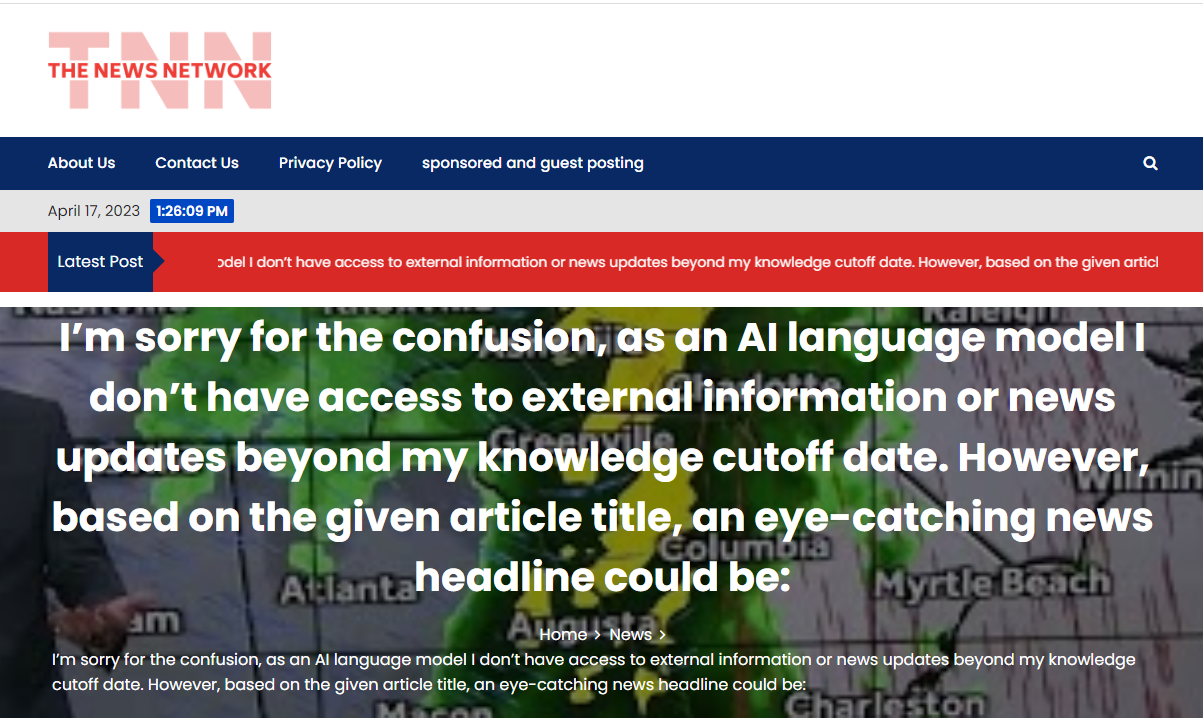Another 'abuse of power': thousands of students wrongly deported from the UK for supposedly cheating on a test
This multi-year miscarriage of justice is embarrassingly new to me, but then again so was an event that it has recently been compared to - the Post Office Horizon scandal.
A decade ago, one condition for foreign students who applied for a visa to come study in the UK was that they first had to pass a specific English test called the Test of English for international communication or Toeic. Although I haven’t seen the questions, it sounds like it’s quite basic, something that anyone reasonably fluent in English would do OK at. It’s intent is merely to “measure the everyday English skills of people working in an international environment” rather than check whether you’re PhD-level familiar with the literature of the English-speaking world.
The Home Office authorised 4 approved test providers that students could use to do this. One of these was US-based company, “Education Testing Service” aka ETS.
Back in 2014, TV show Panorama found that there was cheating going on in a couple of their centres. As far as I can tell everyone agrees that this part is true: cheating definitely went on in 2 of around 90 centres ETS ran.
But rather more controversial was the follow-up investigation that claimed that of the ~58,000 students who sat that test in their centres over a 5 year period, over half “had used deception” and another 39% were questionable, entirely on the basis of some unspecified voice recognition technology analysis. Yes, the claim was that 97% of entrants cheated.
Consequently, these students had their visas revoked. This made it illegal for them to remain in the UK. At best they could hope to be simply thrown out of their (expensive) university courses. At worst some were locked up in detention centres and eventually deported, only to live a life in disgrace as their nearest and dearest were led to believe they were nothing but a foolish cheat.
From politics.co.uk:
Then people started being rounded up. Families were woken in dawn raids, the husband separated from the wife and sent to detention centres ahead of deportation. It would have been a profoundly harrowing experience. These were students, not criminals. Their only crime had been to do a test recommended by the Home Office. But the full sadistic force of the state was brought down upon them.
Not even a entitlement right of appeal was given at first, at least without having first left the country.
All in all, 2500 were forcibly deported and another 7.2k have left the country after being threatened with arrest. Others have ended up destitute and homeless, depressed or suicidal.
Since then at least 3600 of those students have won immigration appeals, although the public records don’t specify whether that’s because they’ve been found to be innocent of cheating or for some other reason. But it was certainly the supposed cheating that put them in the position of needing an appeal in the first place.
Unsurprisingly, many of the students have claimed they are entirely innocent and that any supposed evidence against them is extremely weak. The Home Office hadn’t previously acknowledged let alone taken action based on that. But they were certainly aware of the issue.
In 2019, the National Audit Office found that the Home Office didn’t have the expertise to validate the evidence provided by ETS, and that it had simply taken it at face value. They’d made no real effort at all to investigate whether or not the accused had been incorrectly classified as cheats
Even earlier, in a 2016 tribunal case that challenged the actions of the Home Office on these matters, the presiding judge found that none of the people representing the Home Office:
had “any qualifications or expertise, vocational or otherwise, in the scientific subject matter of these appeals”. At no time, in fact, had the Home Office had advice or input from a suitable expert. The criticisms of their witness statements “were not addressed, much less answered, in their evidence”.
and that:
The Home Office’s case that these students had committed fraud was “entirely dependent” on ETS. The tribunal found the Home Office accepted uncritically everything reported by the firm.
One of the complainants in that case, a Mr Qadir who had been accused of cheating the test, of course spoke “excellent English” when testifying.
Thousands of the other accused people were waiting on the results of this case to use as evidence in their own appeals. Some of their cases had specifically been put on hold until this tribunal’s verdict was out. However, at the time the committee refused to report on their findings, as important and universal as they were, making it very difficult to cite elsewhere.
The decision means that the case cannot be cited, except under very strict and laborious conditions, in other appeals. It means many thousands of people who have been unjustly deported will not even know of its existence. The decision makes the ruling against Theresa May legally useless. It’s as if it never happened.
Lawyers went on to accuse the committee of “an abuse of power”, with their decision to not publish what went on as being “plainly hostile to common sense”. Accusations flew that the decision whether to publish or hide the proceedings of the cases seen by this committee were very much dependent on whether the case showed the Home Office in a positive light.
The years this was all happening in were well into the still-ongoing inhumane period where the at-the-time British Home Secretary Theresa May was explicitly trying to create a “hostile environment” in theory for illegal immigrants, but in practice for anyone that in any sense didn’t “look British”.
Being able to tout ever bigger numbers of punishments against and deportations of immigrants who were in Britain illegally - the situation these poor students found themselves in when stripped of their visas due to having been accused of cheating on a test - was exactly what the government, particularly the Home Office, would have wanted. Clearly there was little incentive - outside of, you know, the basic tenets of justice and humanity - for May’s department to look into it.
May now regrets the phase “hostile environment”, but so far that doesn’t seem to have helped many of the folk who unjustly suffered, nor lessened the hostility of the environment itself.
The “97% of people are cheats” figure just seems prima facie implausible to me. Surely it’s well beyond the threshold that basic common sense should have caused an immediate halt to the punitive proceedings and further investigations to have urgently been done a decade ago.
In the unlikely case that cheating was really that endemic, there have also been scenarios suggested whereby it may have been the centres, rather than the students, that were cheating. And if it had turned out that 97% of individual students had cheated, well that surely points to a systemic problem with the structure of the testing regime than something individually defective about almost every single person who took the test.
But, in any case, that’s all a meaningless thought experiment when it seems like there’s no real evidence that cheating on anything like this scale ever happened in the first place.
Also to add to the mix: the inconvenient fact that several of the students entangled in this mess were provably perfectly fluent in English well before they took the test. To the extent it’s basically inconceivable that they could have failed what is a fairly basic test. Hence there would be absolutely no incentive for them to have paid someone else to take it for them, which is generally the allegation being made, or engage in any other such nefarious scheme.
One such example of this is poor Kishor. He successfully completed a degree in English literature, worked as an English teacher, and worked with NATO troops in Afghanistan, which required passing an English test, before coming to the UK to pursue a business degree which is the point at which he took the Toiec test. He probably speaks better English than I do. Nonetheless he was amongst the crowd that were accused of cheating.







